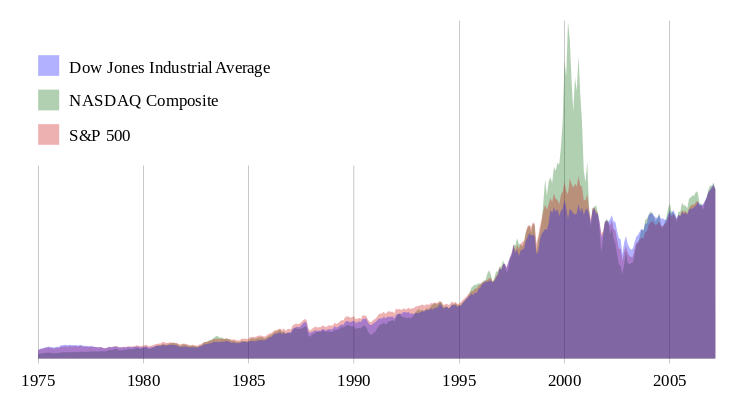Historical trends, economic data, and geopolitics may cause volatility in the stock market
- September was a successful month for stocks despite a rough start.
- October could bring volatility due to historical trends and various catalysts.
- Economic data, such as the Labor Department’s nonfarm-payroll report, will be released in October.
- Corporate earnings season may present challenges.
- Geopolitical and political risks could impact the market.
September proved to be a successful month for stocks despite a rocky start. However, investors should brace themselves for potential volatility in October due to historical trends and various catalysts. The Federal Reserve’s interest-rate cut in September may not be repeated until November, leaving investors to contend with economic data releases like the Labor Department’s nonfarm-payroll report and the start of the third-quarter corporate earnings season. Geopolitical risks, such as the conflict between Israel and Hezbollah, could also impact the market. Despite these challenges, sector rotation and the Fed’s shift towards easing policy may set up the stock market well for October and the last quarter of 2024.
Factuality Level: 7
Factuality Justification: The article provides a detailed analysis of the stock market’s performance in September and potential volatility in October, supported by historical data and expert opinions. However, it includes some speculative elements and opinions that may not be universally accepted, which slightly detracts from its overall factuality.·
Noise Level: 7
Noise Justification: The article provides a detailed analysis of the stock market’s performance in September and potential volatility in October, supported by historical data and expert opinions. It discusses various factors that could impact the market, including economic data and geopolitical risks. However, while it offers insights, it could benefit from more actionable solutions or insights for investors.·
Public Companies: S&P 500 (SPX), Dow Jones Industrial Average (DJIA), Nasdaq Composite (COMP), U.S. Bank (USB), BNY Investments (BNY), Oppenheimer (OPY), Freedom Capital Markets (FCM)
Key People: Jerome Powell (Fed Chair), Jake Jolly (Head of Investment Analysis at BNY Investments), Terry Sandven (Chief Equity Strategist at U.S. Bank Wealth Management), Ari Wald (Chief Technical Strategist at Oppenheimer), Jay Woods (Chief Global Strategist at Freedom Capital Markets), Sam Stovall (CFRA Analyst)
Financial Relevance: Yes
Financial Markets Impacted: Stock market, specifically S&P 500, Dow Jones Industrial Average and Nasdaq Composite
Financial Rating Justification: The article discusses the performance of major indexes like the S&P 500, Dow Jones Industrial Average, and Nasdaq Composite, as well as potential factors that could impact financial markets such as upcoming economic data, corporate earnings season, geopolitical risks, and the Federal Reserve’s policy. It also mentions investors’ reactions to these events.
Presence Of Extreme Event: No
Nature Of Extreme Event: No
Impact Rating Of The Extreme Event: No
Extreme Rating Justification: The article discusses stock market trends and potential future volatility but does not report on any extreme event that occurred in the last 48 hours.·
Move Size: No market move size mentioned.
Sector: All
Direction: Up
Magnitude: Medium
Affected Instruments: Stocks
 www.marketwatch.com
www.marketwatch.com 





